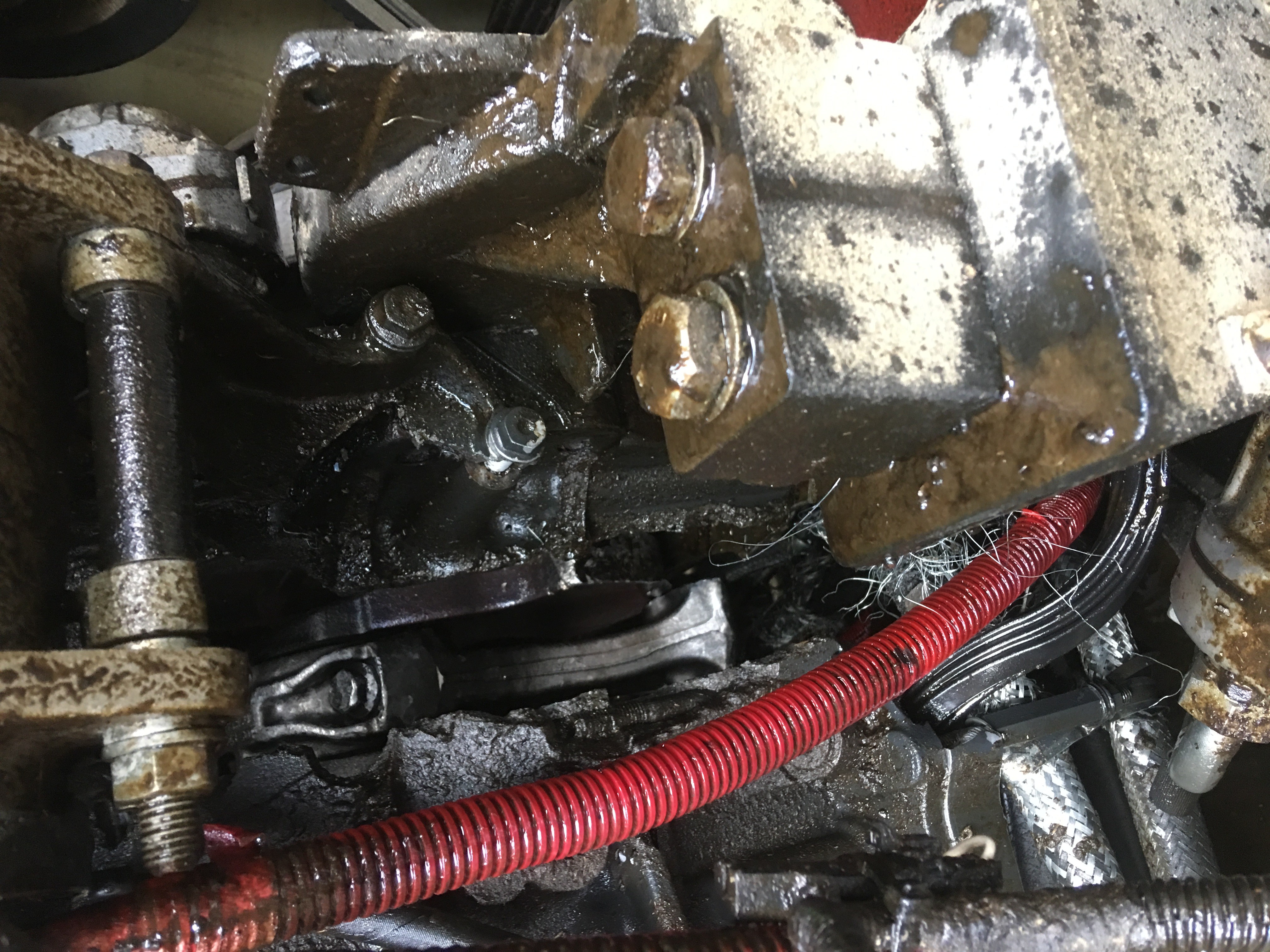Originally posted by caseih
View Post
Was on 2014 Case 8230 with 1685 engine hours
Was not tuned and had no issues with it before
According to computer oil pressure and temperature everything was normal until motor blew up
Number one cylinder closest to the rad the piston exploded and rod came out both sides of the block.
Damaged air conditioner compressor, engine fan and other things when it happened
Drop in Iveco Engine is $87,000 alone came with new turbo and fuel system then fan , air conditioner and other parts and labour added up to $104,000
I guess it is a common problem with some 8230 combines as I have heard of some more with the same issues

Comment